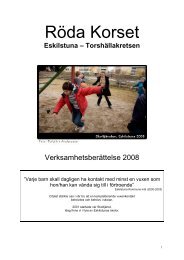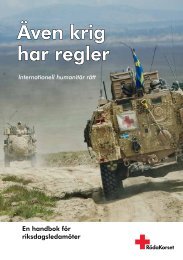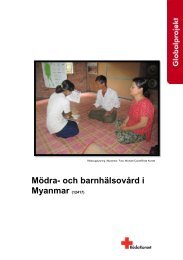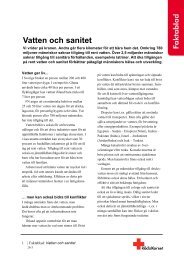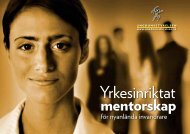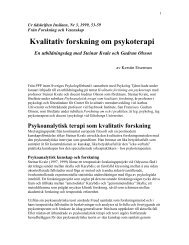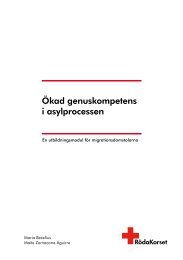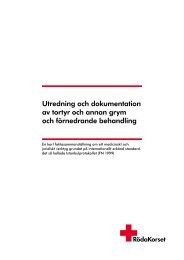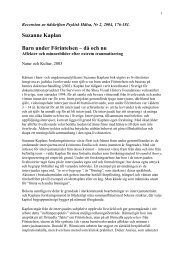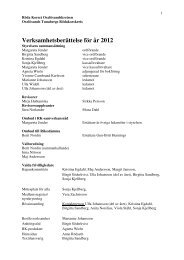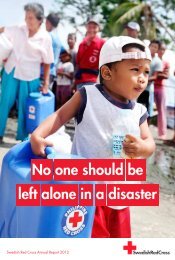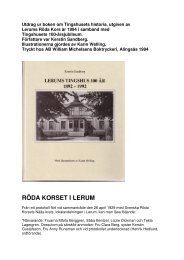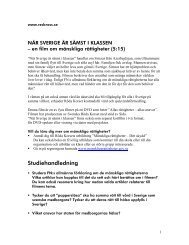chapter 4 - DRK
chapter 4 - DRK
chapter 4 - DRK
You also want an ePaper? Increase the reach of your titles
YUMPU automatically turns print PDFs into web optimized ePapers that Google loves.
Strictly under embargo until Wednesday 22 September at 00:01 GMT (02:01 Geneva time)Economic developmentIn economic terms, large numbers of dead, injured and imprisoned people mean a lossof work productivity and income, a lower GDP, higher hospital and healthcare costs,increased expenditures for policing, justice and prisons, and more. And while urbanviolence is rooted in underdevelopment and inequality, there is a vicious circle bywhich urban violence undermines development and further weakens state institutions.Significant levels of crime and violence discourage foreign investment and impedeentrepreneurs from investing in their own country. Insecurity can lead to capital flightand a brain drain. Tourists stay away. Property values plummet. Geographical segregationworsens, as small businesses and educated middle-class residents flee high-crimeneighbourhoods, leaving these areas to the criminals and those too poor to leave. As aresult, the situation continues to deteriorate.Social costsUrban violence damages social capital, prevents social mobility, destroys communalbonds, erodes neighbours’ trust in one another and in police or local authorities, andcreates a wall between marginalized communities and the establishment. The worstaffected are the most vulnerable people, who become poorer, more segregated and lessequal.Simply the fear and anxiety that persistent violence engenders can increase the coststo society. While the rich shut themselves off behind elaborate security systems, theunderprivileged are forced into slum settlements or stigmatized neighbourhoods. Themost vulnerable – women, the elderly, the destitute – may stop going to work, dropout of night school or keep their children at home. A nationwide survey revealed thatin South Africa, fear of crime prevented about one-quarter of respondents from startingtheir own businesses or taking public transport. In Lagos, 70 per cent of thosesurveyed feared becoming victims of crime.Democratic freedomHigh levels of urban violence constrain the exercise of democracy by weakening institutions’legitimacy through corruption, undermining the authority of local governmentand preventing political participation through fear and intimidation.There is a loss of press freedom when gangs and criminal groups target and sometimeskill investigative journalists who report on their activities. “Scores of reporters andnumerous news outlets are engaging in self-censorship for fear of retribution,” warnsthe Committee to Protect Journalists. Crimes are underreported and corruption isunchecked.The militarization of law enforcement in a growing number of countries also threatensfreedom. To confront the drug cartels behind so much of the urban violence, states areWorld Disasters Report 2010 – Focus on urban risk77



